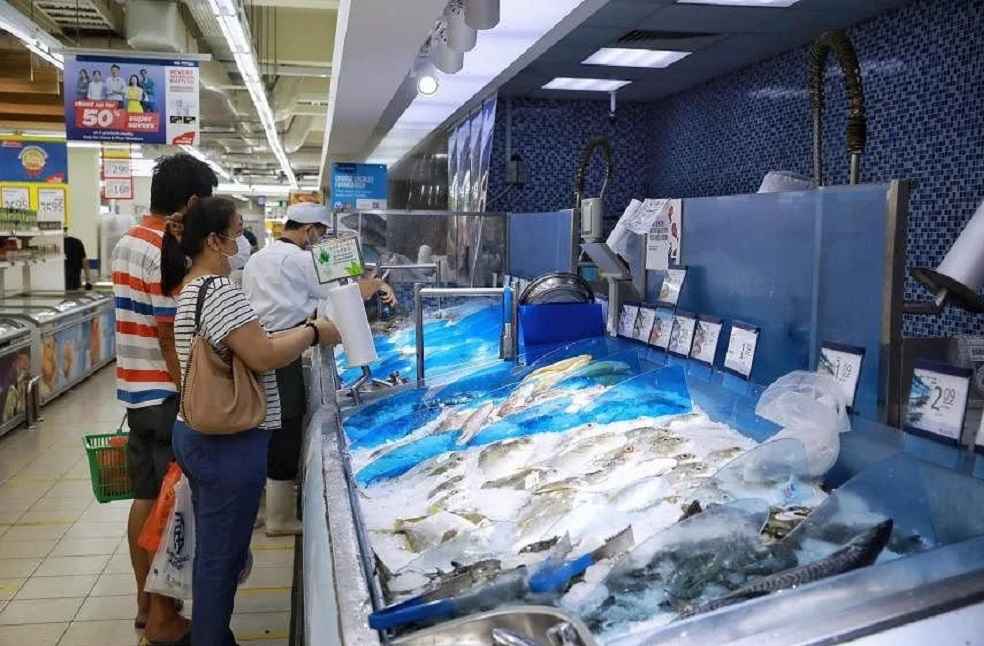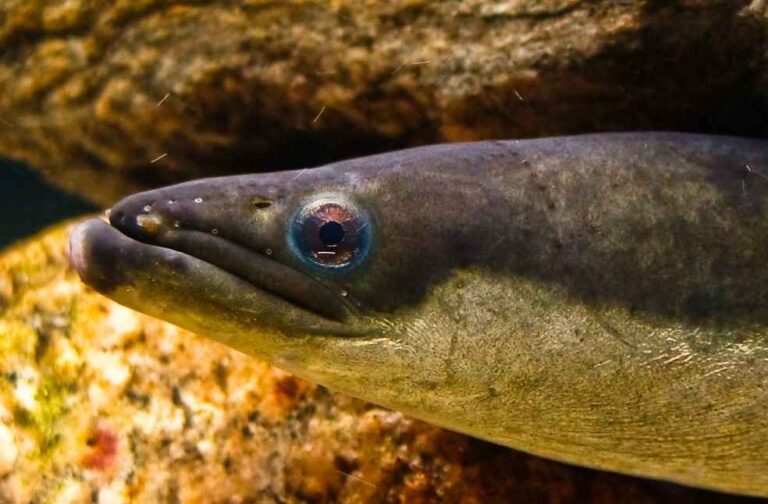The European Union is preparing to propose export restrictions on all eel species under the Convention on International Trade in Endangered Species of Wild Fauna and Flora (CITES), a move that could significantly impact global supply chains, especially Japan’s, EU sources revealed on Wednesday.
If adopted at the upcoming CITES conference of the parties in Uzbekistan later this year, the proposal would place species such as the Japanese eel under Appendix II of the treaty, requiring export permits from originating countries. The European eel has already been subject to such controls since 2007 following an EU-led initiative to curb overexploitation.

The EU argues that persistent smuggling of the European eel and the visual similarity between species have undermined current enforcement efforts. It believes expanding the regulation to all 19 known eel species and subspecies—including the Japanese eel, American eel, and Southeast Asia’s Anguilla bicolor—is necessary for effective monitoring and to bring transparency to the trade, which has faced scrutiny for years.
The measure would affect not only live juvenile eels, known as glass eels, but also processed products such as ‘kabayaki,’ a grilled eel delicacy popular in Japan.

Japan, which depends heavily on imported eel for domestic consumption, has voiced strong opposition. Its Fisheries Agency is actively lobbying the EU to abandon the proposal and is preparing to vote against it if it proceeds to the conference.
The EU is expected to make a final decision on submitting the proposal by early June. For it to be approved at the CITES meeting, a two-thirds majority of participating countries must vote in favor. Current support levels remain uncertain.
TRADE WORLD | Indonesia Targets 7.1% Export Growth in 2025 Despite Trade Tensions



